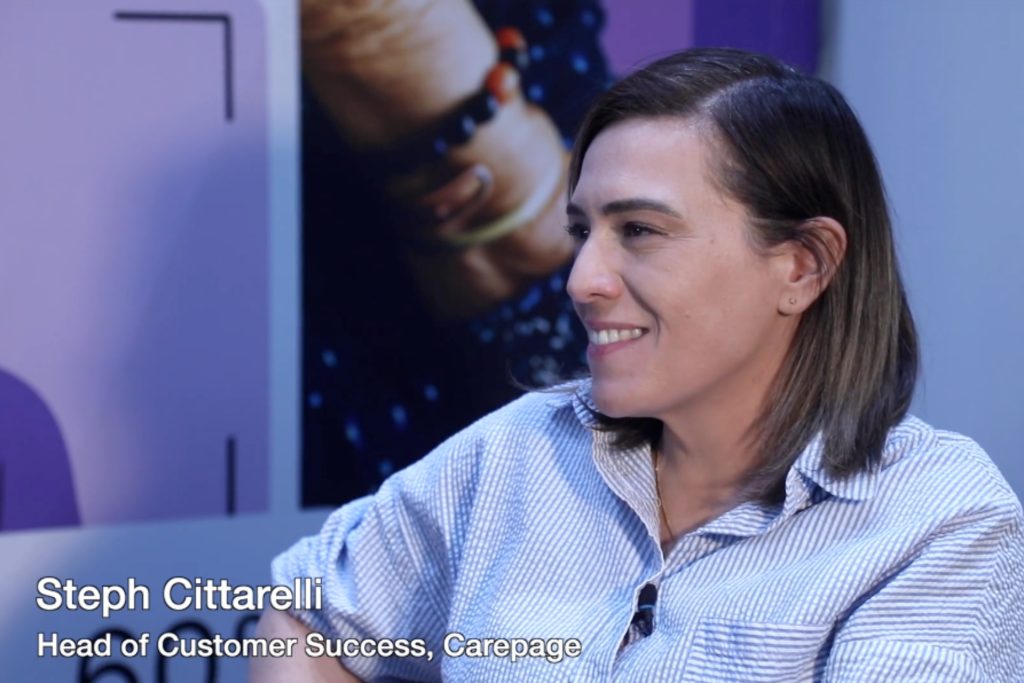From 1 November, the introduction of the Higher Everyday Living Fee (HELF) alongside updates to the Aged Care Quality Standards represents one of the most significant operational shifts for residential aged care in recent years.
For providers, the implications extend beyond compliance. HELF changes the way everyday living services — from meals and beverages to activities, wellbeing, and premium experiences — are delivered, recorded, and valued by consumers.
Handled well, HELF can be more than a regulatory requirement. It can become a structured pathway to enhance the resident experience, differentiate service offerings, and create new revenue streams that improve profitability.
From cost recovery to value creation
HELF reflects the government’s intention to raise everyday living standards in residential aged care. While this means greater scrutiny on the quality and delivery of food, activities, and wellbeing services, it also enables providers to adopt a hospitality-inspired model — similar to hotels, clubs, or resorts — where premium offerings are transparently presented and charged for.
When framed as a menu of lifestyle and wellbeing options, these services can shift from being seen as “included” or “overhead” to being recognised by residents and families as value-added experiences worth paying for. This can include:
- Curated dining and beverage packages
- Specialist wellness and fitness programs
- Personalised activity schedules
- Exclusive excursions and entertainment
- Premium in-room or on-site services
For executive teams, the key opportunity lies in designing these offerings so they feel aspirational and resident-led, while remaining operationally efficient and fully compliant.
The leadership challenge: excellence at scale
While the revenue potential is clear, execution is where many providers falter. HELF compliance requires evidence — documented participation, resident feedback, and transparent service records.
The challenge for leaders is enabling teams to deliver these elevated experiences while:
- Avoiding an excessive administrative burden
- Maintaining consistency across multiple sites
- Ensuring staff have clarity on each resident’s entitlements and preferences
- Quickly identifying and re-engaging residents at risk of social isolation
When these operational systems are not streamlined, the risk is that frontline staff spend more time updating spreadsheets and chasing information than delivering meaningful connections with residents.
Leveraging technology for service delivery and accountability
Digital platforms purpose-built for lifestyle and wellbeing programs can make HELF delivery more measurable, manageable, and financially viable.
For example, ARI, carepage’s lifestyle and wellbeing management tool, enables providers to:
- Digitise and centrally manage activity and service schedules
- Record attendance, engagement levels, and assistance needs at the point of care
- Capture resident feedback in real time to inform continuous improvement
- Integrate data with clinical systems to avoid duplication
- Monitor participation trends to identify residents at risk of disengagement
- Track delivery of both bundled and premium services so inclusions match what has been purchased
By embedding these processes in a single system, leadership teams gain the transparency needed to both demonstrate compliance and make evidence-based decisions on service design, pricing, and resourcing.
Seeing HELF as a catalyst, not a constraint
While the HELF reforms will add pressure to already stretched teams, they also present a timely opportunity for providers to modernise their service models. Those who combine well-designed premium offerings with the right enabling technology can position themselves not just as compliant operators, but as leaders in resident experience.
For executives, this is a moment to:
- Reimagine lifestyle services as a revenue-positive function
- Use data to refine and justify service pricing
- Empower teams with tools that remove administrative friction
- Reinforce the provider’s value proposition to residents and their families
With a clear strategy and the right systems in place, HELF can move from being a compliance exercise to a genuine driver of resident satisfaction, brand differentiation, and sustainable profit.




